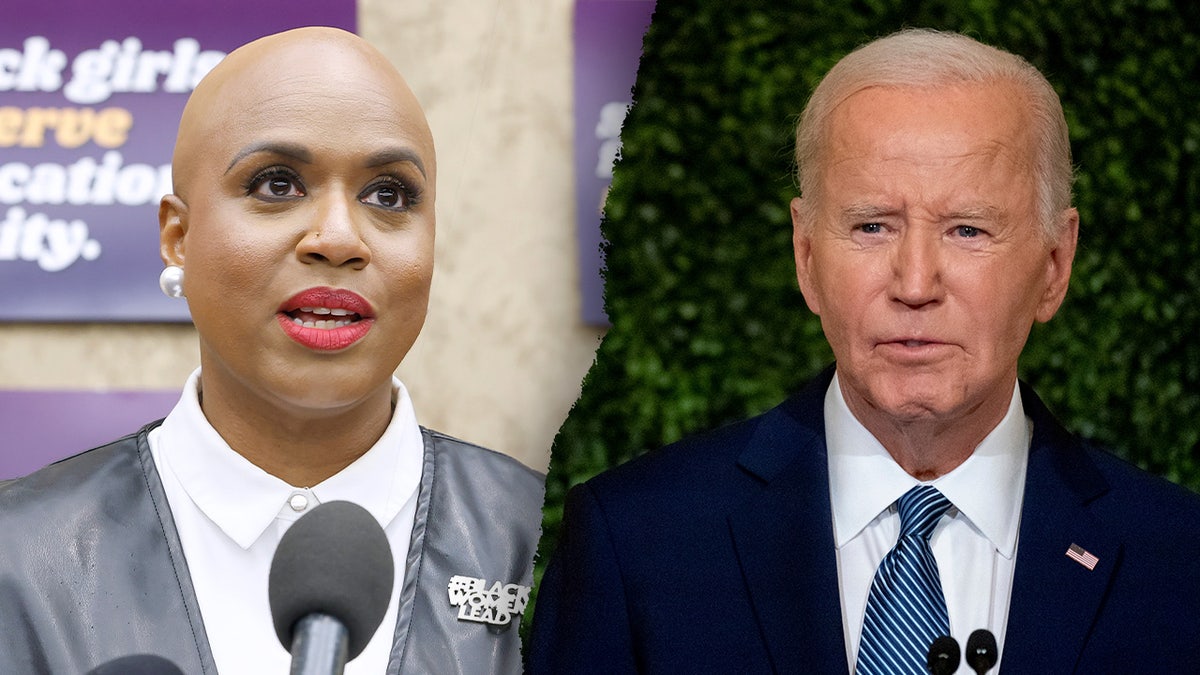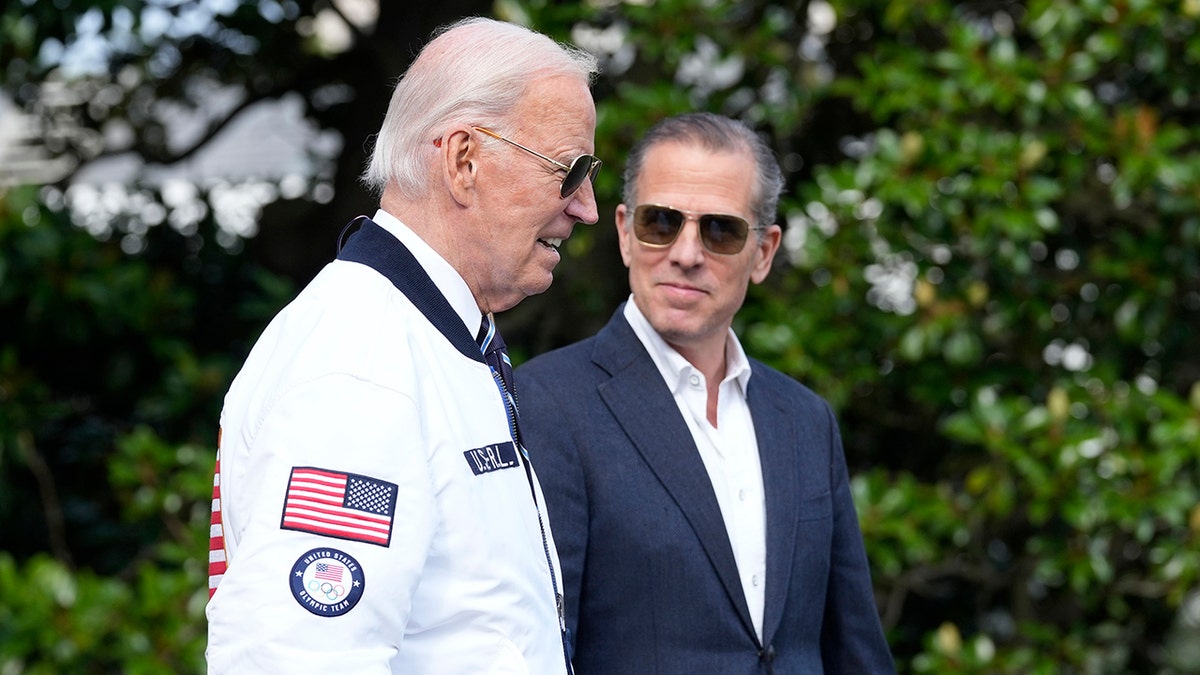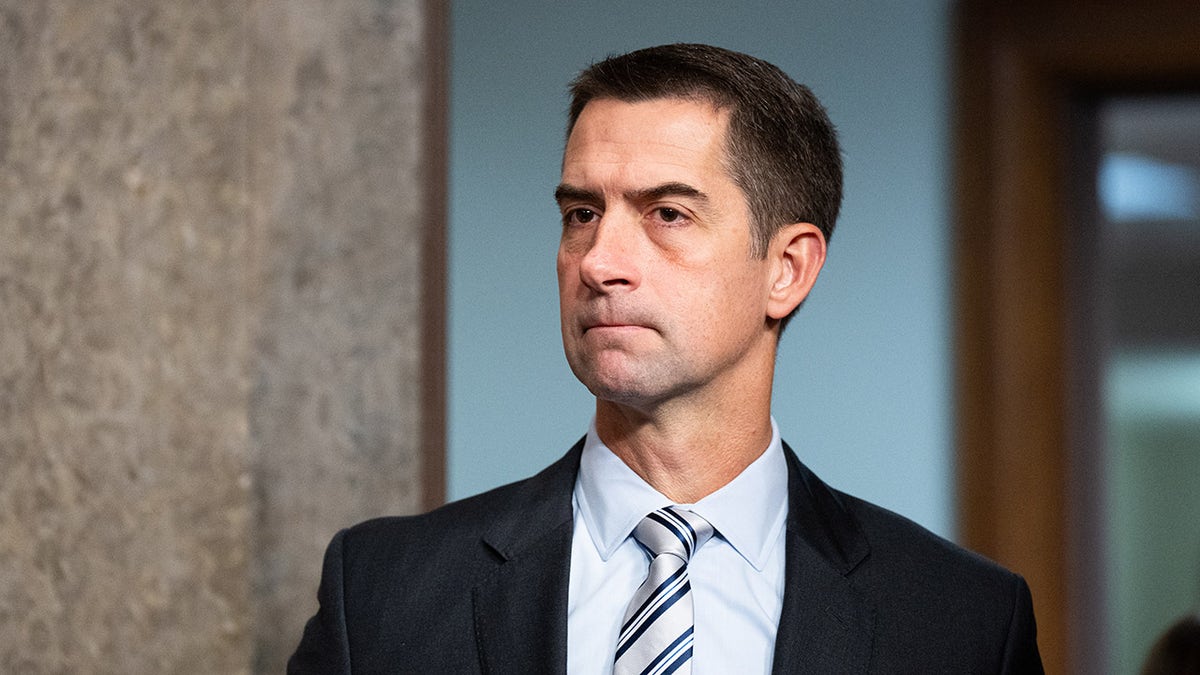President Biden's decision to commute the sentences of 37 federal death row inmates has ignited a firestorm of debate, with supporters lauding the move as compassionate and opponents condemning it as a betrayal of justice. The commutations, impacting nearly all individuals on federal death row, reduce their sentences to life imprisonment.
Rep. Ayanna Pressley (D-MA) praised the decision, characterizing the death penalty as a "racist, flawed, and fundamentally unjust punishment." She argued that it disproportionately affects Black and Brown communities without enhancing public safety. Pressley, a prominent voice in the progressive movement to abolish capital punishment, celebrated Biden's action as a significant step toward addressing systemic inequities within the criminal justice system.

Conversely, critics like Sen. Tom Cotton (R-AR) have sharply criticized the commutations. Cotton accused Democrats of prioritizing criminals over victims and public safety. He highlighted the apparent inconsistency in Biden's decision, noting that three high-profile death row inmates – Dylann Roof, Dzhokhar Tsarnaev, and Robert Bowers – were excluded from the commutations. Cotton argued that this selective application of clemency undermines any claim of principled opposition to the death penalty.
The cases of those whose sentences were commuted include individuals convicted of heinous crimes, such as Thomas Sanders, who kidnapped and murdered a 12-year-old girl, and Jorge Avila-Torrez, convicted of sexually assaulting and murdering two young girls and later strangling a Naval officer. These cases have fueled the debate surrounding the appropriateness of clemency in such instances.

This wave of commutations follows Biden's recent pardon of his son, Hunter Biden, on federal gun charges, a move that drew considerable controversy. The timing of these actions has intensified scrutiny of Biden's use of presidential clemency powers. This latest decision also contrasts sharply with the policies of the previous administration, which oversaw the resumption of federal executions after a 20-year hiatus.

The debate surrounding the death penalty and the use of presidential clemency is likely to continue as these commutations highlight fundamental disagreements about justice, punishment, and the role of executive power.
Comments(0)
Top Comments